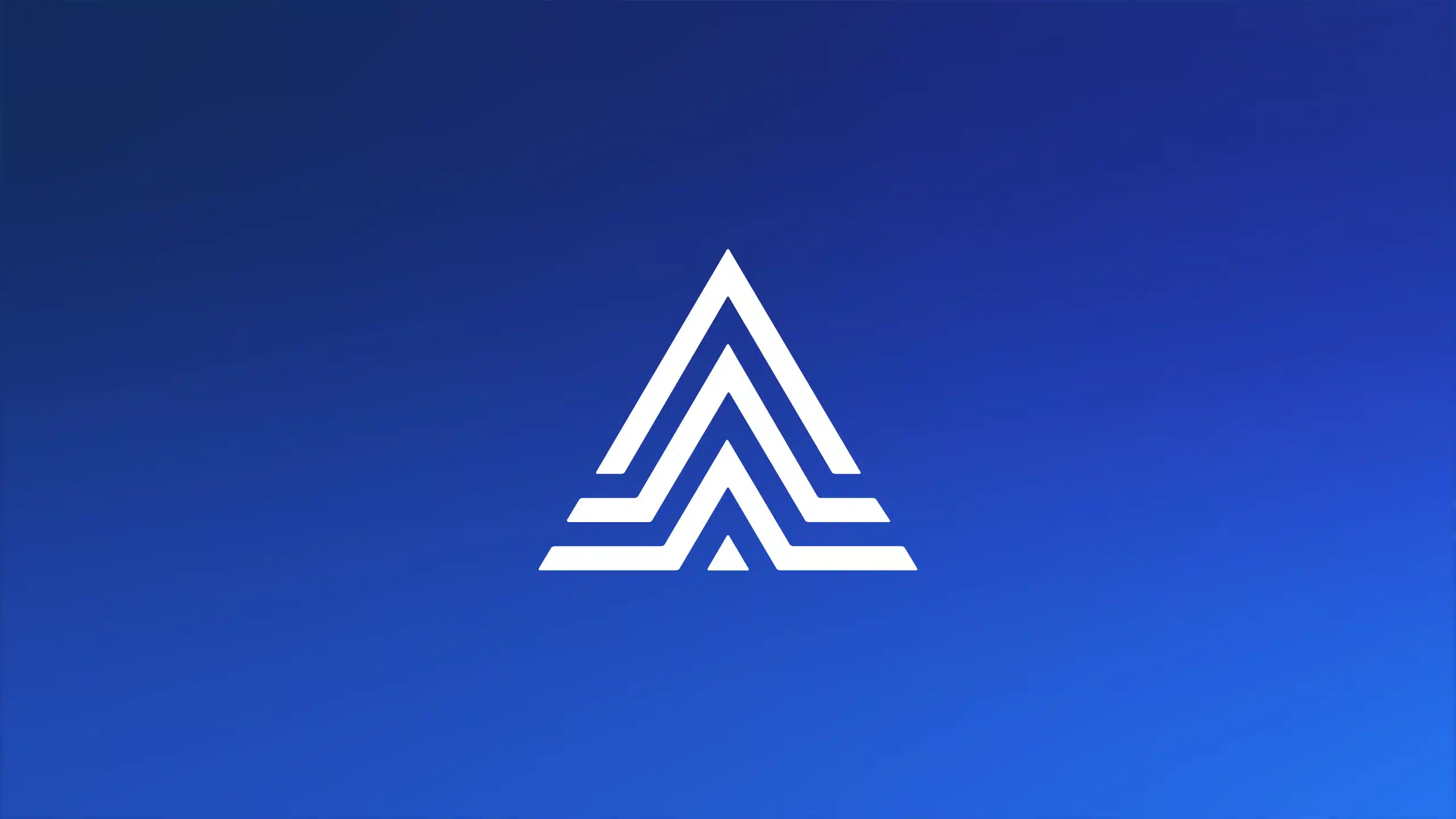Scala vs. Java

This article will compare the high-level differences between Scala Vs Java as programming languages. Scala, short for “Scalable Language,” is an evolving programming language that some consider a modern version of Java. Although Scala is less established than Java, developers primarily use it because it supports object-oriented and functional programming. Java is only designed for the object-oriented development paradigm.
Why is Scala Important Relative to Java?
Scala is well suited for web development and building analytic and distributed applications. Its conciseness and support for functional and imperative development styles make it easy to scale.
Java developers find Scala simple to adopt because it primarily runs in Java Virtual Machine (JVM) environments, just like Java. Using Scala, developers can use extensive libraries developed for Java over decades. Other advantages of using Scala over Java include a strong static type system, immutable data structures, and better support for concurrency.
Scala’s Strengths
Functional Programming
The combination of object-oriented and functional programming allows for more enhanced code quality, greater modularity that makes it easy to reuse components, and improved scalability compared to Java.
Strong Static Type System
The strong static type system used by Scala reduces runtime errors so that programming errors are discovered at compile time.
Concurrency Support
Scala supports highly concurrent parallel processing capabilities not native to Java, making it well-suited to developing mission-critical, scalable applications. Scala enhances concurrency with tools like Futures and Promises for non-blocking operations, the Akka toolkit’s Actor Model for message-driven parallelism, and type-safe concurrency to prevent shared mutable state issues. These tools offer more sophisticated concurrent programming abstractions than Java’s traditional thread-based model.
Immutability
Scala encourages immutability as a first-class concept—once an object is created, it cannot be altered; any modifications result in the creation of a new object. This creates more stable applications that are inherently thread-safe.
More Expressive Syntax
Scala has a sophisticated type inference system that can reduce the verbosity of code without sacrificing type safety. This allows you to write more expressive code with fewer lines, minimizing boilerplate code that makes Scala more readable and maintainable than Java.
Lazy Evaluations
Scala supports the notion of Lazy Evaluations, which delay the evaluation of computations until they are needed. Java uses eager evaluation, which evaluates any computations as soon as they are invoked. This feature can give Scala a performance edge for some applications.
What are The Drawbacks of Scala vs. Java Languages?
Java is less complex than Scala and is more commonly used. Overusing Scala’s more advanced features can make Scala code hard to read and maintain. Compilation times are significantly longer in Scala than in Java, leading to longer development time.
The Java Programming Language
Sun Microsystems first developed Java in the mid-1990s with the goal of creating a universal programming language that would allow developers to write code that could be run anywhere. This was achieved by creating a portable runtime environment for Java applications called the Java Virtual Machine (JVM).
Features of Java include:
- Threading support.
- Object-oriented programming.
- Broad standard library for consistency and efficiency.
- Platform independence thanks to the JVM.
- Automatic memory management so developers don’t need to worry about memory leaks.
- Java is easier to learn, but that simplicity can make it lengthy.
Drawbacks of Java vs. Scala
Java is more verbose than Scala as it requires due to the amount of required boilerplate code. Developers often find that Java is not as scalable or performant as Scala because it has more verbose syntax and can only handle object-oriented programming (not object-oriented and functional programming like Scala). Java can also use more memory than languages like C, which allows programmers to manage memory manually.
Actian and Java
The Actian Data Platform includes the Vector Analytic Database that can be invoked from Java applications using the JDBC driver. The Actian Data Platform also supports user-defined functions written in Java that can be securely invoked by Scala using the Scala-uri in GitHub, which supports the encryption of user and password information embedded in URLs.
